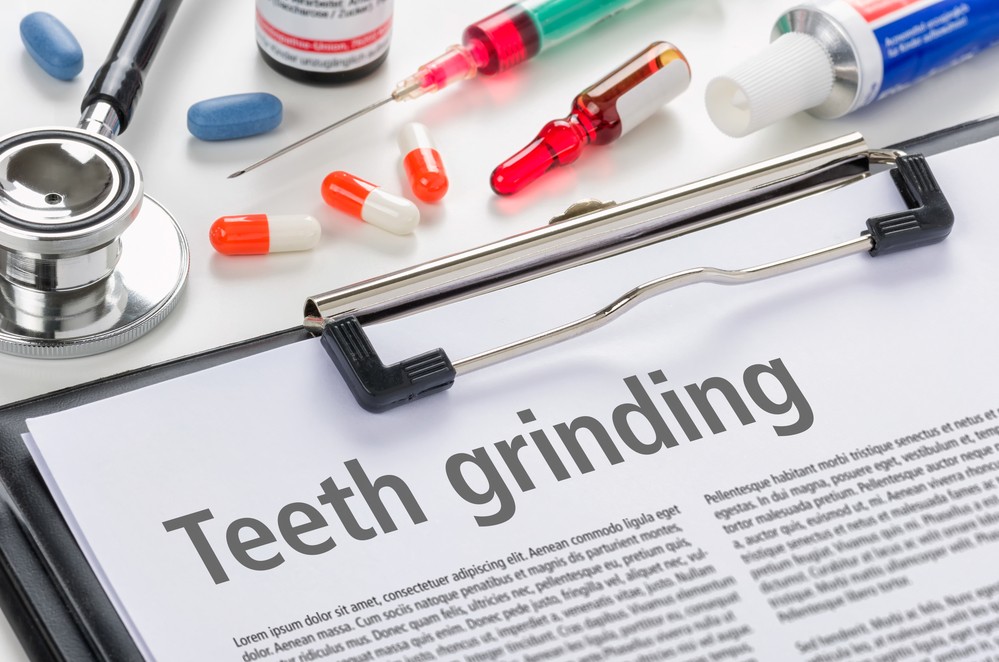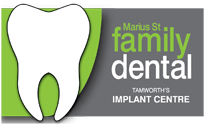TMD, Grinding, Sleep Apnoea and Snoring

Teeth Grinding
Teeth grinding can result in damage to your teeth ranging from mild wear to severe cases of chips, loose teeth and extreme tooth and enamel wear. Additional effects can include sensitivity to heat/ cold and damage to restorations such as fillings .
Often, a ‘grinder’ is not aware of the problem as we typically grind our teeth whilst asleep at night.
Why do we grind?
Grinding can be caused by stress/ tension in daily life and also can be due to the jaw trying to compensate for an imperfect bite. In addition to grinding, many people report suffering from jaw clenching, which if combined with grinding, will cause greater discomfort to the face and neck, whilst also exacerbating damage to the teeth.
Teeth grinding should not be ignored, as whilst damage may not be apparent now, over time the continual grinding effect can wear away enamel and accelerate tooth decay.
Aside from the physical damage to teeth, other noticeable effects of teeth grinding (bruxism) can include:
- Ear ache
- Jaw pain
- Facial and neck pain
- Sleep disorders
Jaw Joint Problems
Does your jaw click? Does your jaw ever get stuck? What does this mean? If your jaw clicks as you are chewing, it is actually the disc in your jaw joint slipping on and off your jaw bone. Some peoples jaws get stuck, locked, or clunk. It is actually quite common and often happens without any pain. The issue is that often this is degenerative and gets worse and worse as you get older. What are the symptoms of dysfunction and when should you come in for assessment? · Pain: headaches, ear pain, jaw pain, pain when chewing, pain behind the eyes, neck pain or shoulder pain · Recurring sinus congestion or ear congestion · Jaw joint locking · Waking up with tense muscles or a “ache” in your teeth · Difficulty falling asleep or waking up throughout the night · Fatigue and drowsiness throughout the day · Tooth grinding, clenching or worn down teeth · Heavy snoring, night time choking spells or told that “you stop breathing” during sleep
|

What can be done about it?
As most grinding occurs during your sleep, the most common solution is the use of a mouth guard to prevent damage against the teeth whilst grinding. This preventative measure can help reduce further damage to your teeth whilst you seek a solution for the underlying cause of the grinding.
Solutions to underlying causes of grinding can include your dentist making adjustments to your teeth in order to achieve a better bite and thus reduce the subconscious effort you are making in your sleep. If your grinding is a result from stress then you can benefit from additional relaxation techniques and stress management which may include diet modification, breathing exercises and so on.
Sleep Apnoea
Dr. Stephenson has undergone additional training to learn about sleep apnoea and how to screen for it. Sleep apnoea is only one of the many disorders classified as ‘sleep breathing disorders’. You have sleep apnoea if your stop breathing for more than 10 seconds during the night. People with severe sleep apnoea stop breathing more than 30 times every hour.
Almost always, apnoea is causing by a collapse of the airway or obstruction of the airway. 85% of the time (in adults) it is the base of the tongue that falls backwards and blocks the airway
Signs and symptoms: there are many symptoms, some people present with only a few, some people tick every box. We have only listed a few here!
- Wear on the teeth from grinding (but you probably won’t know because it’s at night)
- Headaches or muscle soreness
- High decay rate/gum disease
- Daytime drowsiness – feeling tired all the time
- Waking up still feeling unrefreshed
- Snoring
- Waking up through the night – including going to the bathroom at night
- High blood pressure
- Anxiety
- Reflux
- Diabetes/thyroid/hormone issues
Children: sleep apnoea is not just a condition of older people. Children suffer too. Often it is enlarged adenoids or tonsils that block their airway at night. The symptoms are different with children. Instead of being ‘tired all the time’, children show signs of ADHD, behavioural issues and difficulty focusing. This is as children are self-stimulating and become hyperactive when they are tired. Children with sleep apnoea are 9x more likely to be in the bottom 10% of their class.
What can I do
Sleep apnoea is diagnosed by a sleep physician after having a sleep study. But we think it is important to screen for this issue. Many symptoms are in the mouth. We will get you to fill out a questionnaire, then look at your teeth, your tongue and your “oropharynx” (your airway from your mouth). If you are at high risk of having OSA, we will document our findings and advise that you get a sleep study. We also have a sleep study machine that we are happy to lend you, for your convenience.
Treatment
If you do not have sleep apnoea, a standard splint is appropriate to protect your teeth from damage. However, a splint will make sleep apnoea worse, so it is critical we rule this out first.
It is important that if you do have sleep apnoea, that it is looked at with a team approach. There should be good communication between your sleep physician, GP, dentist, ENT (if required) and any other health practitioners that you may see. This includes physiotherapists and chiropractors. Treatment is complex and multifactorial, so it is best to discuss this in person with you sleep study results. However, lifestyle changes and being in a healthy weight range will help dramatically. Please call us for more information on what we can do from a dentists perspective, and what we look for as warning signs.
